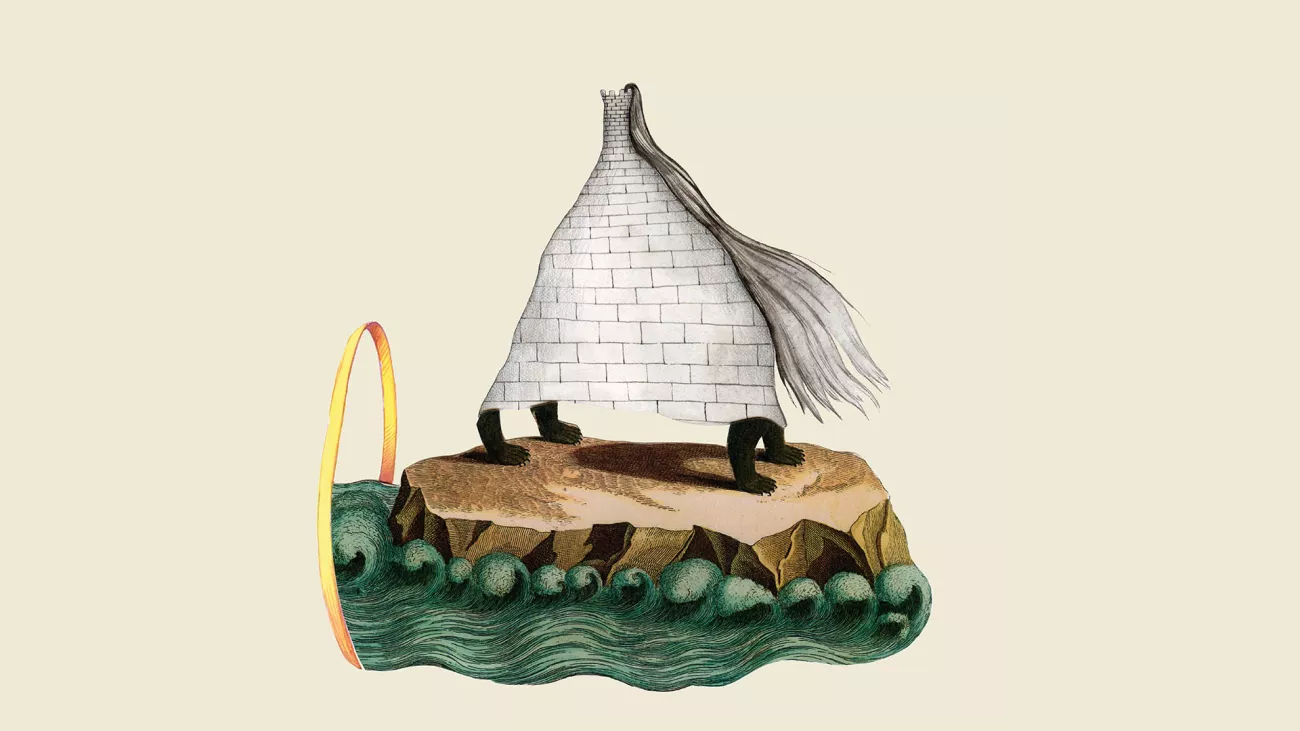Drame lyrique in five acts. Libretto by the composer based on the play by Maurice Maeterlinck. Premiered at the Opéra Comique on 30 April 1902. Revival of the production performed in June 2010 at the Opéra Comique.
Presentation of the work by Agnès Terrier 40 minutes prior to each performance.

Claude Debussy developed his art away from the commercial constraints of his time. Finding his guides in literature, he managed to achieve the then idealized fusion of poetry and music. The peculiar harshness of Maeterlinck’s playwriting, in which each character embodies her/his own tragedy, inspired him with his own version of the drama of Prince Golaud, his young brother Pelléas and mysterious Mélisande. The active silence that makes up the background of the Flemish writer’s dialogue was replaced with a score Mallarmé had acknowledged as the only one capable of conveying inexpressible truths.
Thanks to the mobilization of the company, staff and successive directors of the Opéra Comique, the work was wonderfully produced with considerable repercussions. Pelléas et Mélisande is a turning point in the history of Western art. As the birthplace of the greatest French operatic titles, the Salle Favart is forever haunted by the spirit of Debussy.
Performance duration : 3h30 with an interval
Act I
On his way to wed a foreign princess, Golaud Prince of Allemonde comes across a woman, Mélisande, lost in a forest. He invites her to follow him.
Golaud’s mother, Geneviève, persuades the old king of Allemonde to allow her son to return to the castle with Mélisande whom he has married. In order to better welcome them, King Arkel refuses to let Pelléas, Golaud’s half brother, go and visit a sick friend. Besides, the castle harbors a dying man, Pelléas’s father. On her arrival, Mélisande is received by Geneviève and Pelléas.
Act II
Pelléas invites Mélisande for a tour in the park. While playing in the sun by a fountain, she drops her wedding ring into the water. At the same time, Golaud falls off his horse in the forest. Later on at his bedside, Mélisande tells him that she feels oppressed in the old castle. Noticing that she has lost her ring, Golaud flies into a rage. Mélisande pretends she lost it in a cave by the sea. Golaud sends her after it with Pelléas.
Act III
One evening Pelléas comes to see Mélisande under her window. Golaud breaks in upon the scene. He leads Pelléas down to the castle vaults to frighten him and asks him to avoid Mélisande in the future. Overcome by doubt, Golaud forces his young son of a previous marriage, Yniold, to spy out Pelléas and Mélisande.
Act IV
His father having recovered, Pelléas decides not to delay his journey any longer. He arranges for a tryst with Mélisande by the fountain. King Arkel rejoices at Mélisande’s pregnancy but Golaud, enraged with jealousy, ill-treats his wife. Alone in the park, Yniold has a gloomy premonition. Pelléas and Mélisande meet for the last time and confess their love for each other. Golaud, who was spying them, kills his brother and runs after Mélisande.
Act V
The newborn is alive and Mélisande is dying. Stricken with remorse, Golaud questions her but obtains neither the truth nor forgiveness with full knowledge of the facts.
Music direction Louis Langrée • Staging and scenography, Stéphane Braunschweig • With Phillip Addis, Karen Vourc'h, Laurent Alvaro, Jérôme Varnier, Sylvie Brunet-Grupposo, Dima Bawab, Luc Bertin-Hugault • Choir, accentus • Orchestra, Orchestre des Champs-Élysées
See all the castMonday, February 17, 2014 - 8:00pm
Wednesday, February 19, 2014 - 8:00pm
Friday, February 21, 2014 - 8:00pm
Sunday, February 23, 2014 - 3:00pm
Tuesday, February 25, 2014 - 8:00pm
3:30 - Salle Favart
120, 95, 72, 41, 15, 6€
Cast


















Figurants, Agnès Aubé, Martine Demaret, Sophie Dumont, Franck Lacroix
Choir, accentus
Orchestra, Orchestre des Champs-Élysées
Production, Opéra Comique
In partnership with, Palazzetto Bru Zane – Centre de musique romantique française
Revival of the production performed in June 2010 at the Opéra Comique
Partnership

























